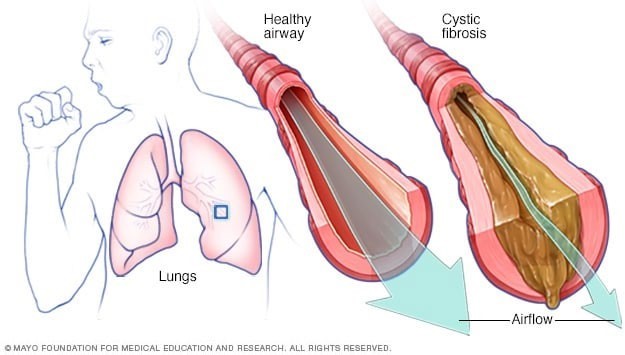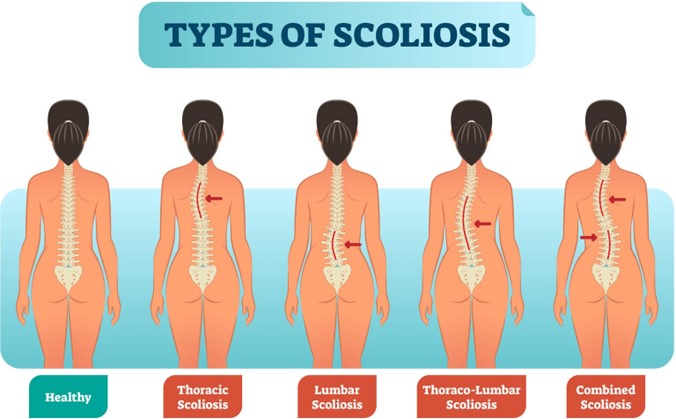The practical nurse (PN) is assisting with the admission of a 12-month-old child with a history of frequent colds and growth failure. Testing is being planned for a possible diagnosis of cystic fibrosis (CF). Which information is most important for the PN to obtain?
The number of respiratory infections since birth.
The number of siblings in the family.
A description of the child's appetite.
The pattern of bowel movements.
The Correct Answer is D
The pattern of bowel movements is the most important information for the practical nurse (PN) to obtain when assisting with the admission of a 12-month-old child with a history of frequent colds and growth failure who is being tested for a possible diagnosis of cystic fibrosis (CF). CF can cause thick, sticky mucus to build up in the digestive tract, leading to problems with digestion and absorption of nutrients. This can result in bulky, greasy stools and growth failure.
The number of respiratory infections since birth (Option A) and a description of the child's appetite (Option C) are also important pieces of information, but they are not as critical as the pattern of bowel movements. The number of siblings in the family ( Option B) is not directly relevant to the child's medical condition.

Nursing Test Bank
Naxlex Comprehensive Predictor Exams
Related Questions
Correct Answer is C
Explanation
Scoliosis screening is typically performed on early adolescent girls, as this is the age group that is most commonly affected by the condition. Early detection and intervention can help prevent the progression of scoliosis and improve outcomes.

Correct Answer is B
Explanation
The action by the PN that is likely to facilitate accurate responses to personal and social history questions is to **request that the mother leave the exam room**. The personal and social history contains many areas of special sensitivity to adolescents including such issues as drug and alcohol use and sexual activity. The teen should provide the personal and social history, not the parent⁴.
Whether you are a student looking to ace your exams or a practicing nurse seeking to enhance your expertise , our nursing education contents will empower you with the confidence and competence to make a difference in the lives of patients and become a respected leader in the healthcare field.
Visit Naxlex, invest in your future and unlock endless possibilities with our unparalleled nursing education contents today
Report Wrong Answer on the Current Question
Do you disagree with the answer? If yes, what is your expected answer? Explain.
Kindly be descriptive with the issue you are facing.
